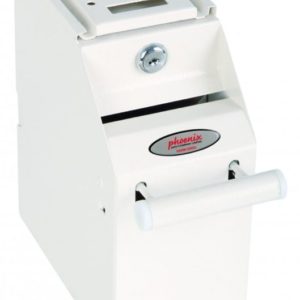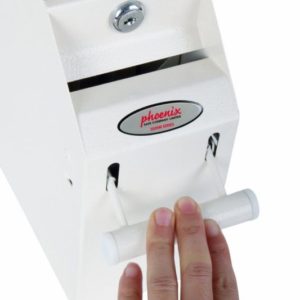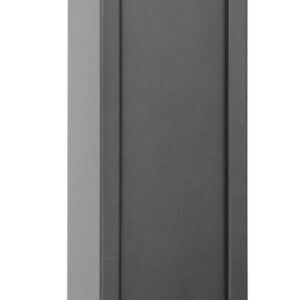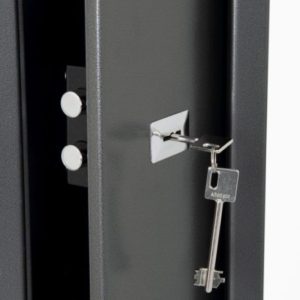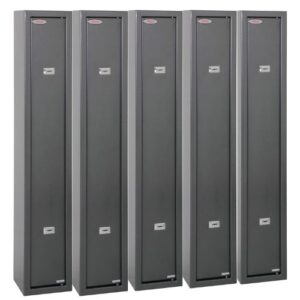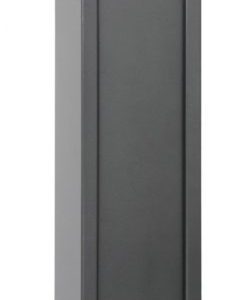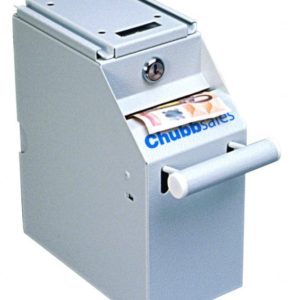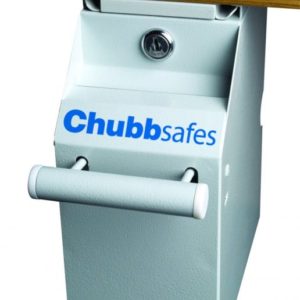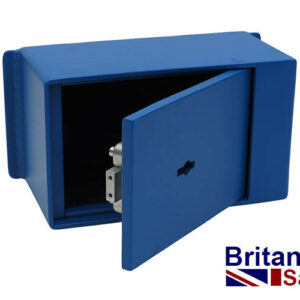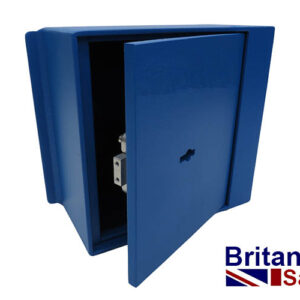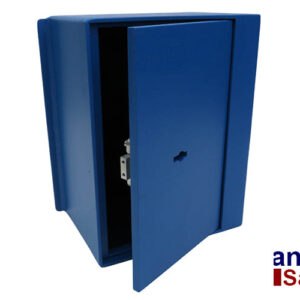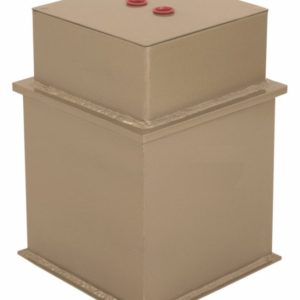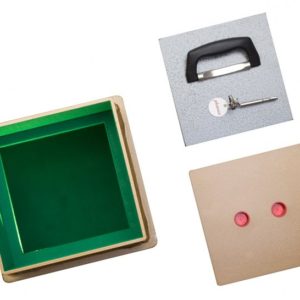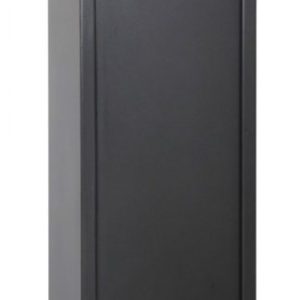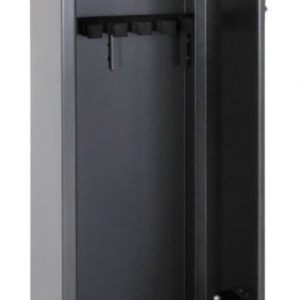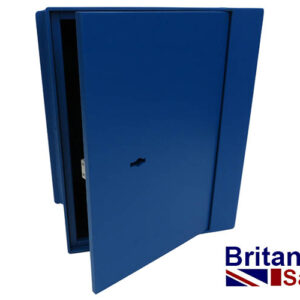Security Safes: Protecting Your Valuables
Security safes are an essential investment for anyone looking to protect valuable items from theft, fire, and unauthorized access. Whether you need a safe for your home, office, or commercial establishment, understanding the different types of security safes available and their features can help you make an informed decision.
Types of Security Safes
1. Home Safes: Home safes are designed to protect personal valuables such as jewelry, important documents, and cash. They come in various sizes and locking mechanisms, including electronic keypads, biometric scanners, and traditional key locks.
2. Office Safes: Office safes are ideal for securing sensitive documents, digital media, and petty cash. They often feature fire-resistant properties and advanced locking systems to safeguard against both theft and environmental damage.
3. Gun Safes: Gun safes are specifically designed to store firearms safely. They prevent unauthorized access and accidental discharge, ensuring that guns are kept out of reach of children and intruders. Many gun safes also offer fire protection and are built with reinforced steel.
4. Fireproof Safes: Fireproof safes provide a high level of protection against fire damage. They are constructed with special materials that can withstand extreme temperatures, keeping documents and digital media safe from heat and smoke.
5. Wall and Floor Safes: These safes are designed to be installed into walls or floors, making them less visible and harder for thieves to access. Wall and floor safes are a popular choice for those looking to conceal their valuables discreetly.
Key Features to Consider
1. Locking Mechanisms: Choose a locking mechanism that suits your needs. Electronic keypads offer convenience, while biometric locks provide enhanced security. Traditional key locks are also reliable but may not offer the same level of protection as modern alternatives.
2. Fire and Water Resistance: Look for safes that offer fire and water resistance to protect your valuables from natural disasters. Check the safe’s rating to ensure it meets your specific requirements.
3. Size and Capacity: Consider the size and capacity of the safe based on the items you plan to store. Ensure it has enough space for your current valuables and room for future additions.
4. Construction Material: Opt for safes made from high-quality materials like reinforced steel to ensure durability and security. Thicker walls and doors provide better protection against tampering.
Investing in a security safe is a proactive step towards protecting your most valuable possessions. By understanding the different types and key features, you can choose a safe that meets your needs and provides peace of mind.

